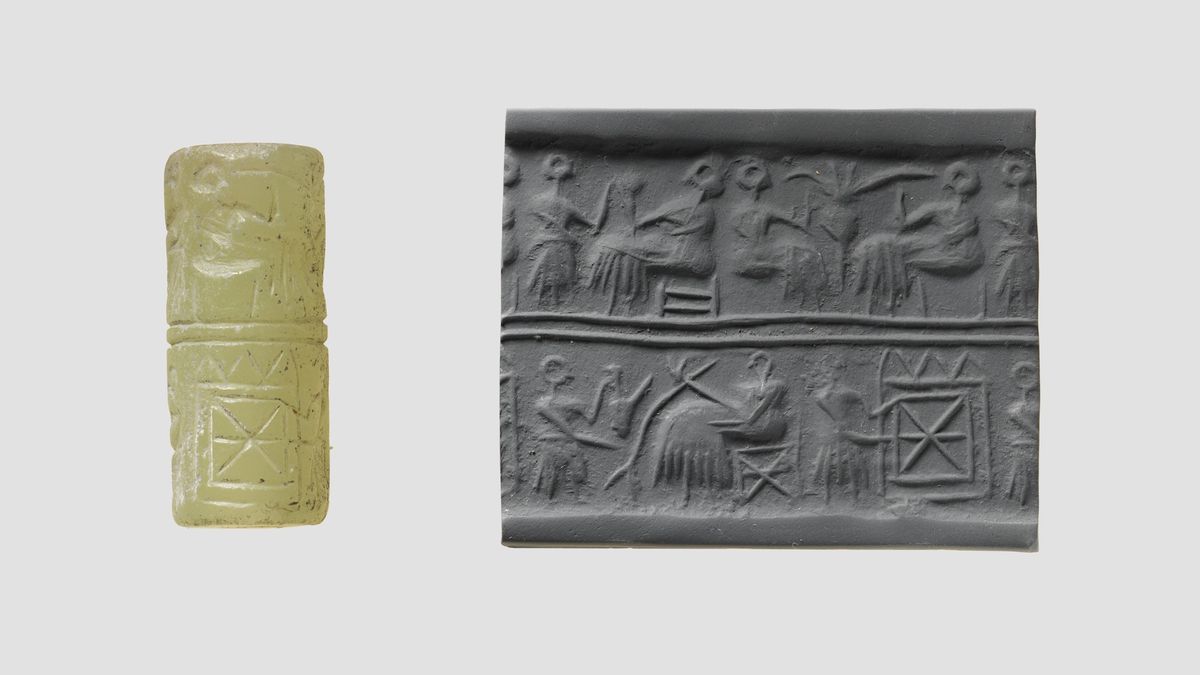Follow us on Google News (click on ☆)
The earliest traces of brewing date back nearly 9,000 years in China, where fermentation residues were identified on pottery. These discoveries, published in PLOS ONE, suggest a ritualized consumption of fermented drinks made from rice and fruits.

Sites like Göbekli Tepe in Turkey, dating back 11,000 years, show installations that may have been used for brewing. However, the absence of specific containers leaves doubt about their exact purpose.
Modern archaeological methods, such as organic residue analysis, allow us to trace the evolution of brewing techniques. These studies reveal a diversity of recipes across ages and continents.
Unlike today's beers, ancient versions were likely cloudy and tart. Mesopotamian texts mention thick beverages, consumed with straws to avoid residue.
The rise of lagers in Europe during the 16th century marked a turning point in beer history. This innovation, combined with refrigeration, gave birth to the clear and sparkling beers we know today.

Sumerian depiction of people drinking beer with straws from communal vessels.
Credit: The Met
Why was ancient beer different from today's?
Ancient beer was primarily fermented at room temperature, which encouraged the growth of lactic acid bacteria. This gave it a tart flavor, very different from modern beers.
The lack of effective filtration techniques also made the beer cloudier and thicker. Consumers often used straws to avoid ingesting grain residues.
Additionally, the limited shelf life of ancient beer required quick consumption. This contrasted with today's beers, which are stabilized and can be stored for long periods.